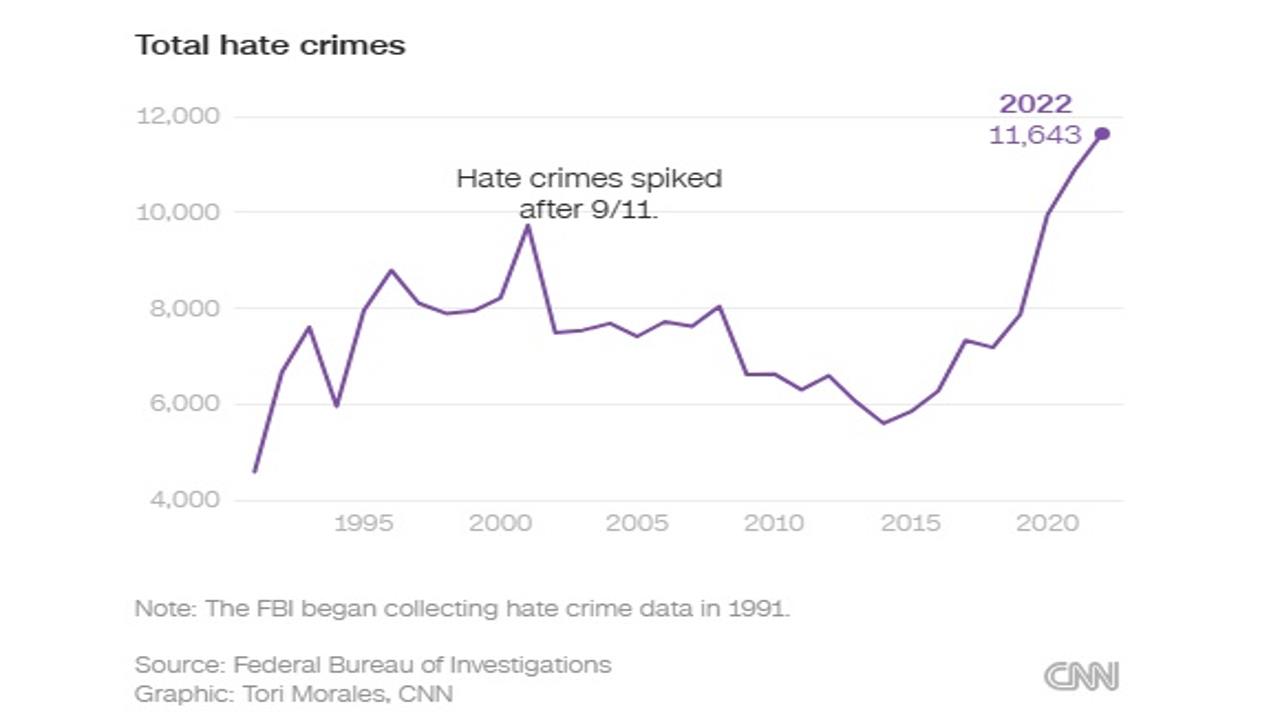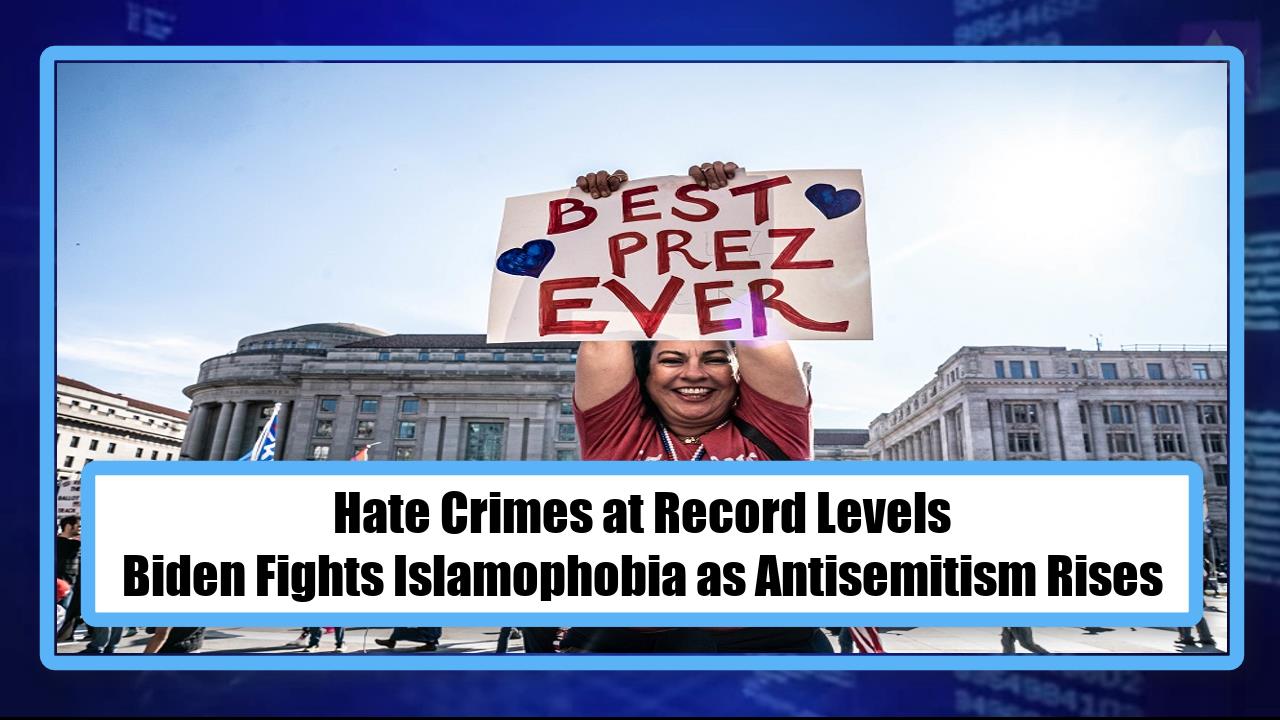Video:
Take our online poll:
AI Analysis:
When a sitting country leader attempts to jail their chief political opponent, it can be a sign of several concerning issues in a country's political landscape and governance. Here are some of the implications and concerns associated with such actions:
1) Erosion of Democracy: It can be a sign of the erosion of democratic principles and institutions. Jailing political opponents undermines the fundamental tenets of a democratic system, such as free and fair elections, political pluralism, and the peaceful transition of power.
2) Authoritarianism: Such actions can indicate a leader's authoritarian tendencies or a desire to consolidate power. Leaders who seek to eliminate political opposition may aim to establish one-party rule or a more authoritarian regime.
3) Suppression of Dissent: The imprisonment of political opponents is a form of suppressing dissent and silencing voices critical of the government. It can create a climate of fear, making it difficult for citizens to express their views and engage in political discourse.
4) Human Rights Violations: The arrest and imprisonment of political opponents can be a violation of human rights, including the right to a fair trial, freedom of expression, and freedom from political persecution.
5) Rule of Law Concerns: It raises concerns about the independence and integrity of the judiciary. If political opponents are jailed without due process or fair trials, it indicates a lack of respect for the rule of law.
6) International Relations: Such actions can strain a country's relations with the international community. Other countries and international organizations may condemn these actions and impose sanctions in response.
7) Political Polarization: Jailing political opponents can exacerbate political polarization within a country, leading to greater divisions and social unrest.
8) Undermining Trust: It erodes public trust in the political system and government institutions. Citizens may become disillusioned with the political process and the fairness of elections.
9) Potential for Backlash: It can lead to domestic and international backlash. Protests, sanctions, and condemnation from civil society organizations and foreign governments may follow.
10) Threat to Democratic Norms: Actions like jailing political opponents threaten democratic norms and the stability of a country. They undermine the checks and balances that are crucial for a well-functioning democracy.
11) Chilling Effect: The imprisonment of political opponents can have a chilling effect on political participation and activism, as individuals may fear persecution or retribution.
It's important to note that the specific circumstances and motivations behind the imprisonment of a political opponent can vary widely from one situation to another. However, such actions often raise alarm bells regarding the state of democracy, human rights, and political freedoms in a country. They are typically met with scrutiny and condemnation, both domestically and internationally.
Chart:

References:


Comments